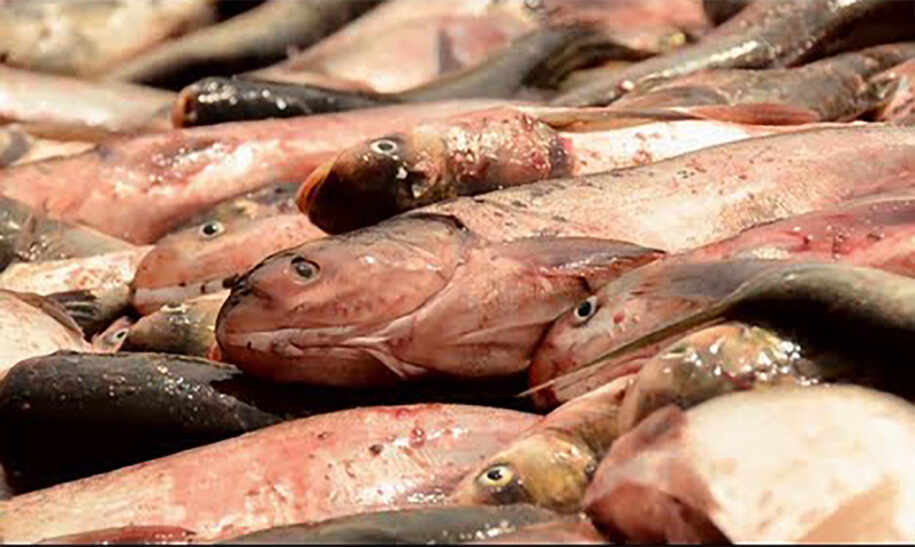Farmed Salmon – One of the Most Toxic Foods in the World
Today you have to be extremely careful about the food you eat. Corporations and companies care about nothing more than making money, and it’s all at the expense of your health.
Business CEO’s in today’s world couldn’t care less about your health. Actually, they might even want your health to decrease, so they can additionally make money off of you by pharmaceuticals. Money is all that matters in today’s world, and our health is declining rapidly. If you don’t believe me about the food, just watch the documentary Fillet-oh-Fish by filmmaker Nicolas Daniel. It shows the secret side to food production, especially behind farmed fish.
Fisheries today result in dangers to consumers because of their use of genetic mutation, toxic chemicals, chemical pollutants, antibiotics, and hormones! Salmon farms along the border of the Norwegian Fjords are extremely contaminated with bacteria, drugs, and pesticides. This is because there is a layer of waste that is some 49 feet tall! The salmon farms are located in open water and the contamination is in no way contained.
These salmon are extremely poisoned and sold all throughout the world as food – and the chemicals, drugs, hormones, pesticides, and whatever else they’re full of, is being transferred to us – and we don’t even get a warning about it.
This hasn’t gone without effect either. Like usual, the contaminated salmon has a cause an effect. Because of the distribution of the dangerously contaminated fish, Sea Lice, Pancreas Disease, and Infectious Salmon Anemia Virus have spread all across Norway! Think consumers have been warned? Nope, the businessmen are sitting on their asses and raking in the profits while thousands of people are deathly sick.
If you enjoy fish, but would like to avoid sea lice and pancreas disease, you should always eat fresh caught fish instead of farm raised. While wild fish does contain some heavy metals and contaminants, you can trust only a few brands. For example, Alaskan Sockeye Salmon is always wild caught and nutritional benefits outweigh the risks.


